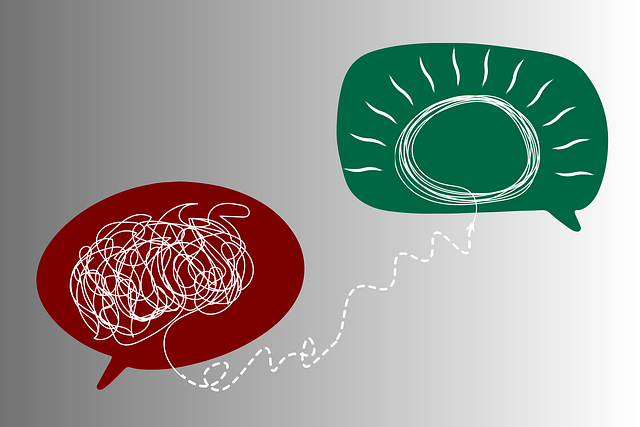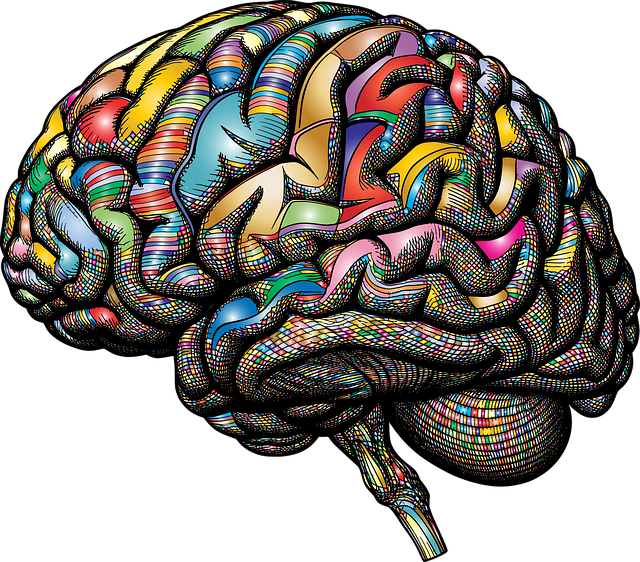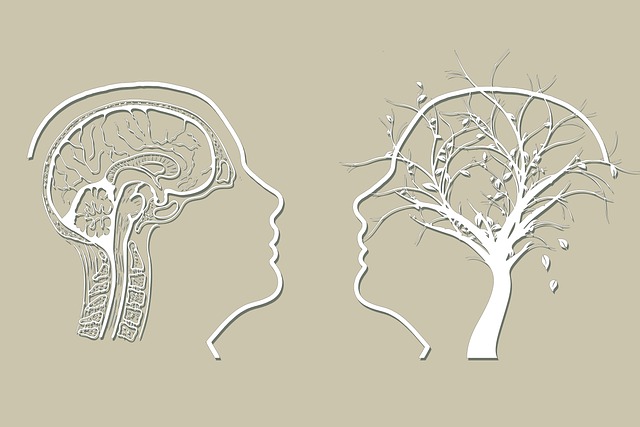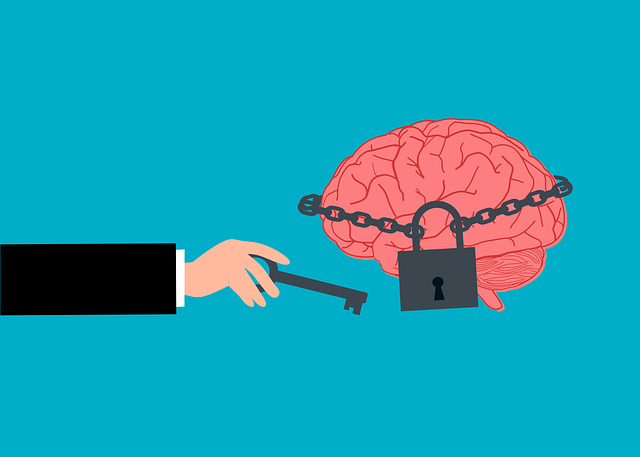Mental health policy advocacy requires a data-driven approach to address disparities in therapy access, particularly for vulnerable children. Key strategies include pushing for independent medical evaluations (IMEs) to inform tailored treatment plans and ensuring equitable care through streamlined processes. By incorporating IMEs and evidence-based practices like mindfulness, advocates can drive policy changes, improving mental health services, especially in schools and underserved communities. Expanding insurance coverage and provider accessibility are crucial to breaking down barriers, ultimately enhancing children's well-being and family stability.
Mental health policy advocacy is a powerful tool to shape societies and ensure well-being, especially for children. This article delves into crucial aspects of mental health governance, offering a comprehensive guide for advocates. We explore the significance of understanding policy frameworks and their impact on therapy access, particularly through Independent Medical Evaluations in child therapy. Furthermore, it provides strategies for effective analysis and driving change, highlighting the need for quality services tailored to young minds.
- Understanding Mental Health Policy: A Foundation for Advocacy
- The Role of Independent Medical Evaluations in Child Therapy
- Strategies for Effective Policy Analysis and Change
- Ensuring Access to Quality Children's Mental Health Services
Understanding Mental Health Policy: A Foundation for Advocacy

Understanding Mental health policy is a cornerstone for effective advocacy. By comprehending the intricate web of regulations, guidelines, and funding mechanisms governing mental healthcare, advocates can identify gaps and advocate for evidence-based solutions that prioritize well-being. This includes pushing for increased access to essential services like Therapy for Children, independent medical evaluations, Mindfulness Meditation techniques, and Trauma Support Services to address rising concerns such as Depression Prevention in younger demographics.
Mental health policy should serve as a framework to ensure equitable care, especially for vulnerable populations. Advocacy efforts should focus on streamlining processes, reducing barriers to treatment, and allocating adequate resources to meet the growing demand. For instance, integrating Depression Prevention strategies within educational systems can be a game-changer for identifying and supporting at-risk children early on.
The Role of Independent Medical Evaluations in Child Therapy

Independent Medical Evaluations (IMEs) play a pivotal role in mental health policy advocacy for therapy involving children. These comprehensive assessments are crucial tools to ensure that evidence-based practices guide treatment plans, tailored to each child’s unique needs. IMEs provide an objective overview of a child’s mental state, cognitive abilities, and overall emotional well-being, which is essential when navigating complex therapy paths. By incorporating these evaluations, professionals can make informed decisions, especially when considering specialized interventions or adjustments to existing therapeutic approaches.
In the realm of child therapy, IMEs offer a framework to evaluate progress, track improvements, and identify areas that require enhanced support. This data-driven approach aligns with Mind Over Matter principles, emphasizing the importance of understanding each child’s mind and fostering emotional resilience through effective stress management techniques. Ultimately, these evaluations contribute to the advancement of mental health policies, advocating for better access to quality therapy services and promoting evidence-based practices that nurture children’s overall emotional well-being.
Strategies for Effective Policy Analysis and Change

Mental health policy analysis requires a multifaceted approach to drive effective change. One crucial strategy is to conduct thorough independent medical evaluations, which provide an objective assessment of the current mental healthcare landscape. These evaluations can identify gaps in services, disparities in access, and areas where improvements are needed most urgently. By gathering evidence-based data, advocates can make compelling cases for policy reforms that prioritize children’s mental health, such as expanding access to therapy and specialized care.
Additionally, integrating crisis intervention guidance into policy frameworks is essential. This includes promoting conflict resolution techniques and confidence-boosting initiatives within schools and communities. Such interventions not only address immediate crises but also equip individuals with long-term coping strategies, fostering resilience and improving overall well-being. By combining robust data analysis with practical, evidence-backed solutions, mental health advocates can effectively influence policy decisions that positively impact the lives of children and families.
Ensuring Access to Quality Children's Mental Health Services

Ensuring access to quality children’s mental health services is paramount for fostering healthy development and well-being. In many regions, disparities exist in terms of availability and affordability, especially for underserved communities. This challenges the ability of parents and guardians to secure necessary support for their children struggling with mental health issues. Therapy for children plays a pivotal role in addressing concerns like anxiety relief and self-esteem improvement, while independent medical evaluations provide crucial insights into diagnostic accuracy and treatment planning.
Advocacy efforts must focus on breaking down barriers to care, including expanding insurance coverage for mental health services, increasing provider availability, and promoting community-based interventions that enhance emotional intelligence. By ensuring equitable access to these essential resources, we can create a supportive environment where children receive timely intervention, leading to better outcomes and a brighter future.
Mental health policy analysis and advocacy are vital components in ensuring access to quality children’s mental health services. By understanding the foundational concepts of mental health policy, utilizing independent medical evaluations for child therapy, and employing effective strategies for policy change, we can navigate complex systems to improve outcomes for young minds. These approaches underscore the importance of comprehensive policy analysis, emphasizing the need for robust and equitable mental health support for children.














